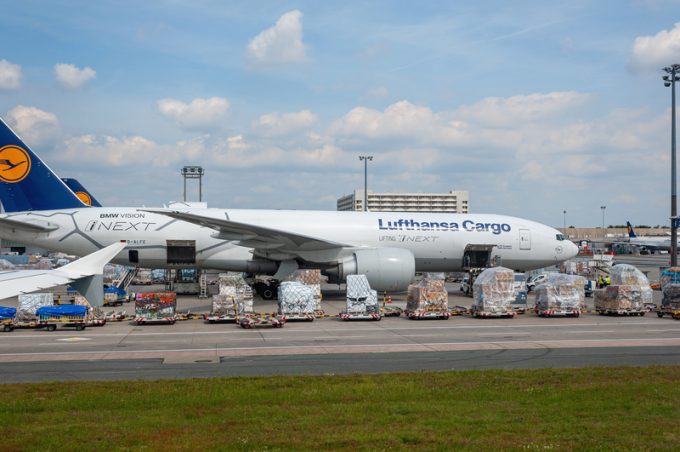News in Brief Podcast | Week 51 | Airfreight peak, management shuffles and automation impasse
In this episode of The Loadstar’s News in Brief Podcast, host and news reporter Charlotte Goldstone ...

Air cargo is having a year in the limelight: the segment has kept planes flying and airport operations going, but its temporarily elevated status does not guarantee funding for freight-related projects, or even a louder voice in airport boardrooms.
Meanwhile, Frankfurt Airport is addressing trucking congestion ...

Comment on this article